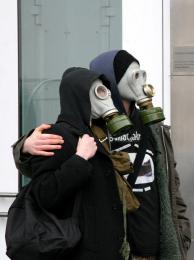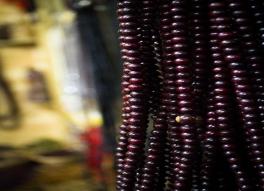After realizing a 17% increase in tourism from the Kingdom of Saudi Arabia (KSA) to the Sultanate of Oman from 2010 to 2011, the Ministry of Tourism in Oman has decided to participate in the upcoming Riyadh Travel Fair 2012.
Director General of Tourism Promotion at Oman’s Ministry of Tourism Ali Khaburi said:
"Saudi Arabia is a key tourism market from many perspectives. Saudi visitors are growing in number and we think they are also increasing their length of stay. The market is broadening from business and family segments with short break leisure travel becoming more prominent. We also think Salalah has significant year-round potential for the Saudi Arabian market, and growing demand for travel will lead to non-stop air services between Saudi Arabia and Salalah.”
The fair will be held from May 15 to 18 and is considered an important event for tourism networking with many countries participating. The Oman Ministry of Tourism is especially excited to showcase many of the country’s most popular tourist destinations, with an emphasis on newly opened resort hotels at Jebel Sifah and Salalah.






